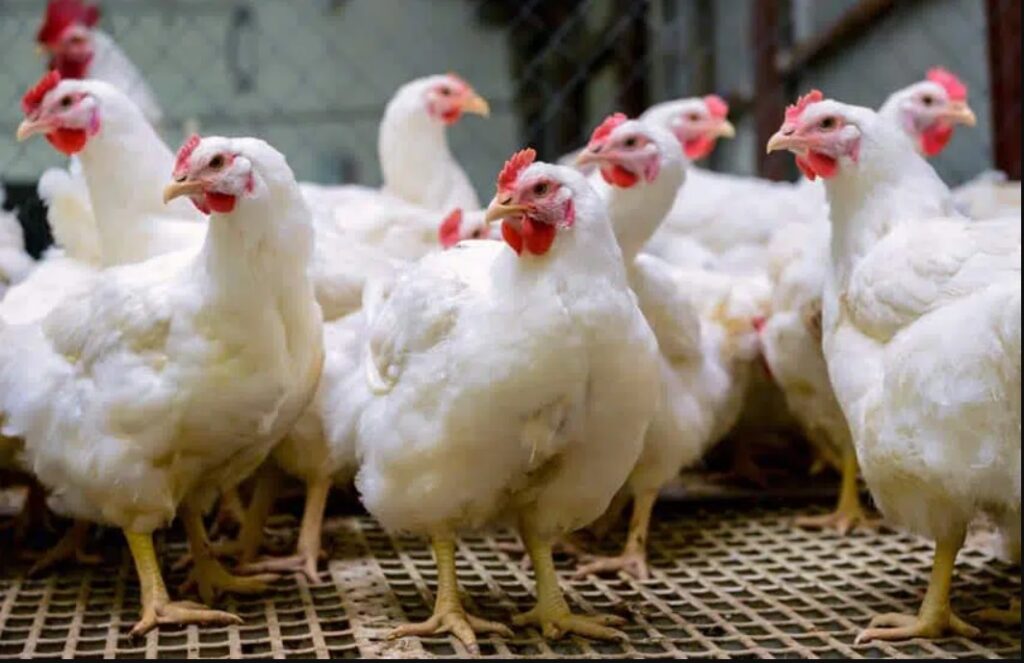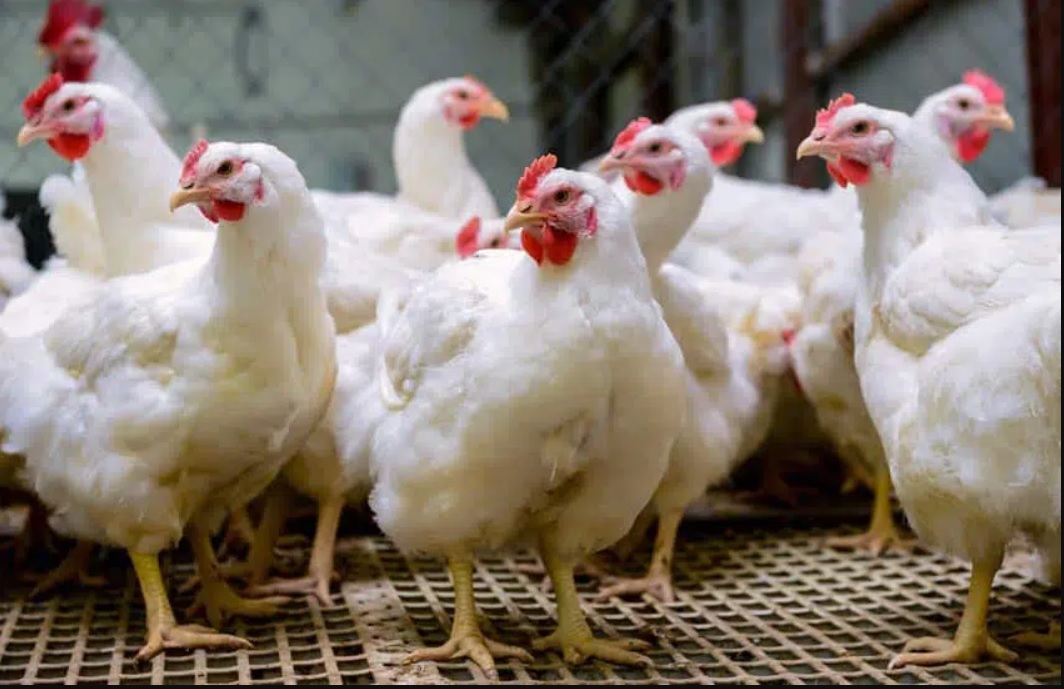
By Phephile Motau
Eswatini produces around 500 000 broilers per week, with around 60 per cent of these in the commercial slaughter market and 40 per cent in the live market where small-scale growers dominate.
This is according to the February-March Edition of the Poultry Bulletin, which is the official publication of the South African Poultry Association.
The publication spoke to Ross Mackie, the Managing Director of Ngwenya-based Africa Chicks who said the country produces enough day-old chicks, broilers, and table eggs to satisfy local demand, although until recently it was importing as much as 70 per cent of its broiler fertilised eggs from South Africa. He said there was a current drive to develop and expand the broiler breeder farms that produce fertilised eggs.
Challenges
The magazine states that Eswatini trails behind South Africa in per capita consumption of chicken meat at around 25kg per year.
As with all the smaller Southern African Development Community (SADC) countries Eswatini’s poultry industry faces challenges with vast distances and costly transport, and largely rural communities with a lack of refrigeration which limits the potential with fresh meat, in addition to the global issue of expensive feed and the threats presented by porous borders and dumped imports that compromise the market.
Read More: Eswatini protected from poultry dumping?
It was stated that despite the challenges, the South African poultry industry is a shining light in the region, and is seen by SADC as the bulwark between Southern Africa and the often predatory export industries of the world’s biggest poultry-producing countries.
SAPA is the largest such organisation in SADC, and as such plays an invaluable big-brother role for the smaller countries and industries, according to Mackie who is also the chairman of the SADC Poultry Forum SAPA is actively involved in the SADC Poultry Forum as part of the secretariat.
Dumping
“We rely on SAPA and the South African industry for several inputs, both practical and strategic. When dumped chicken from Brazil or the US heads for Africa, it affects not only the country where the ships dock. The region has porous borders and fallible regulatory systems, so roundtripping and smuggling happens far too often,” says Mackie.
He reportedly said dumped chicken arrived in a South African or Namibian port and finds its way through illicit means into neighbouring countries, where it wreaks havoc for domestic producers, steals market share, and often causes the demise of small-scale operators.
Mackie further explained that SAPA, as the strongest member in the forum, tends to be the driving force behind antidumping campaigns without which the region as a whole would suffer.
It was reported that the SADC Poultry Forum traditionally meets annually at the AVI Africa poultry congress, which is hosted by SAPA in South Africa although the global pandemic had caused a three-year interruption. AVI Africa is back this year and the Poultry Forum meeting will be on the agenda, according to SAPA Broiler Organisation GM Izaak Breitenbach.
“These meetings give us the opportunity to discuss the issues that affect us all, such as roundtripping where imports intended for a neighbouring country end up staying in the country of arrival,” says Breitenbach.




